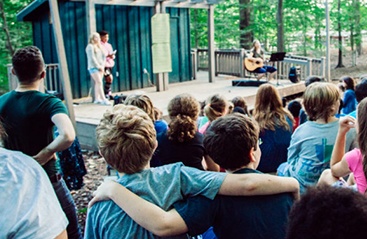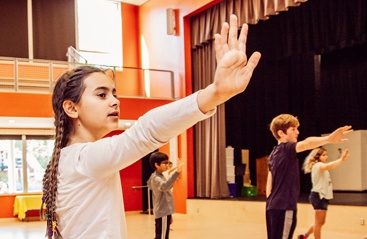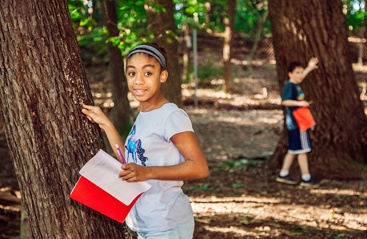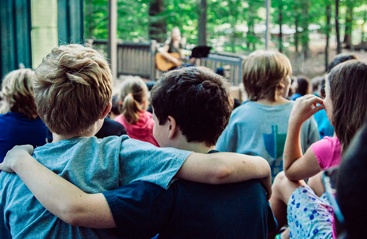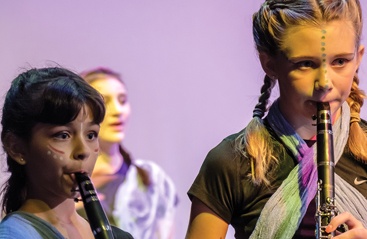Jo Jo the Puppet and Progressive Teaching
I am a late baby boomer and when I think back on my elementary school years I am reminded of my French teacher, Madame Greenwood. We started studying French in the fourth grade before such programs were slashed with budget cuts. Madame Greenwood would enter the classroom several days a week pulling her red wagon full of treasures. One of those treasures was an old papier-mâché and cloth puppet named Jo Jo. He did not appear every lesson, but when he did, we were enchanted. He was more than just a puppet, he made our learning come alive and fun! We had fashion shows, set up cafes, rode tricycles in the hall to commemorate the Tour de France, and ate pains au chocolat. Along the way, I learned a great deal of French and acquired a lovely French accent. I didn’t go on to become a French major, but I learned to love the language and [drum roll] learning!
I attended public schools and while there was a great deal of memorization and rote learning, teachers then were not teaching to a test. They had curriculums and textbooks, but they made the curriculum their own. One of the sixth grade teachers in our elementary school asked all of the families to collect pop tops. Remember those rings that you pulled off a soda can way back when? We all scoured the neighborhood and brought in many that were still encrusted with dirt. The host class counted all of the pop tops, hoping to reach a million. I’m not sure that they made it, but it sure was fun and helped us all to gain number sense. What does a hundred look like? What does a thousand look like? What does fifteen look like? This was perhaps one of the first exercises in sustainability at a time when this term was not used frequently like it is today. My fourth grade teacher covered a long table in black fabric and posted math problems inside. We went in with a flashlight and did math. While these activities may seem gimmicky, they captured us a learners and made coming to school fun.
I always knew that I wanted to be a teacher, even when I was young. And I did. I have taught now for 30 years, 25 of which have been in progressive schools. I landed a teaching job in my first progressive school quite by accident. When my son with Down Syndrome was born, we were directed to a small preschool that used a progressive curriculum, High Scope. It also included children with special needs. I was lucky to get my son enrolled, and what I learned from these gifted teachers was HOW to teach. Not what. Not when. (I learned how to be a better parent too.) We learned to follow the child’s lead, to honor their stage of development, and to provide opportunities for young children to explore, make plans and work together or next to others successfully. My son benefited greatly from his years at this small school, and so did I. I spent ten years at this school before moving on to a progressive farm school, that enrolled children from preschool to eighth grade. I was primed and ready for this new challenge. Here, I also learned from expert teachers and came to value outdoor education. When my own children were out of sorts, I would always take them outdoors or put them in water. My mom had taught me this. And the same is true for all children. Giving them the gift of time outdoors is beneficial on so many levels. And I thrived outside too. I am still thriving there, teaching first graders.
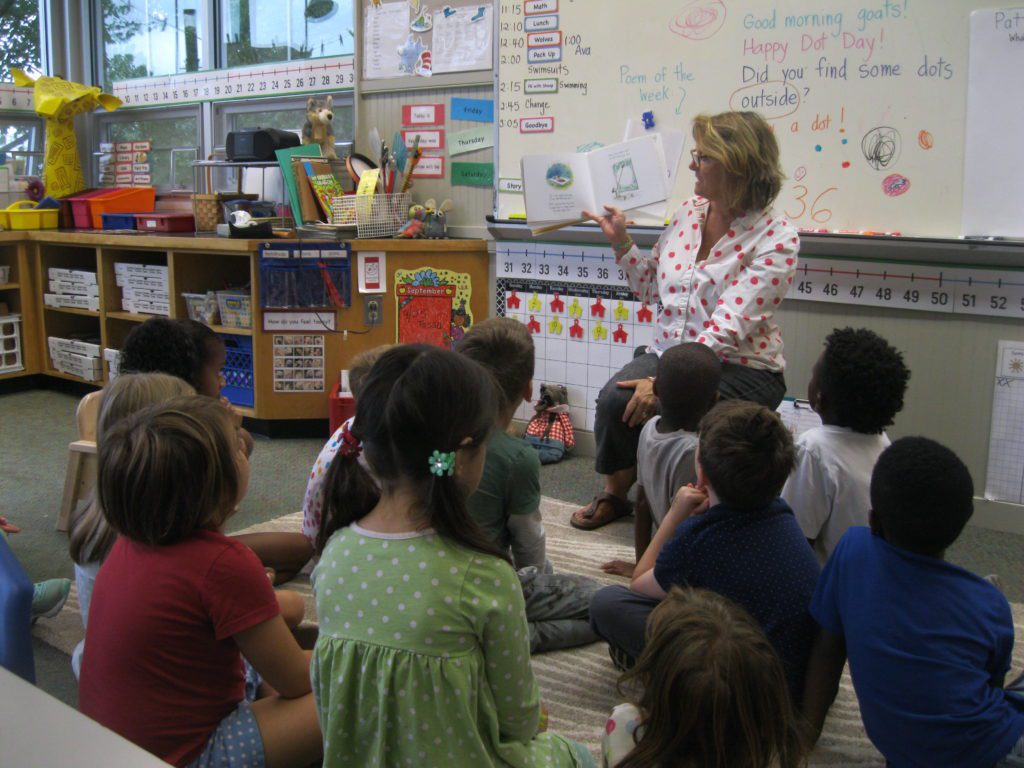
Both of these schools also embraced the arts. Children love to make stuff and through the arts, they are able to create, problem solve and experiment with different mediums in a fun way. They learned to love the process of their learning. The journey was just as important as the finished product. The emphasis was on the doing, not the end result. Mistakes were embraced and became an important part of the learning process. These tenets extended beyond the arts as they are a part of any academic journey. Children were given clear guidance and expectations, but were encouraged to get there in their own way, on their own terms. They became learning partners with the teacher and were self-reflective on what was challenging and what was easy. And they learned to support others in their learning too.
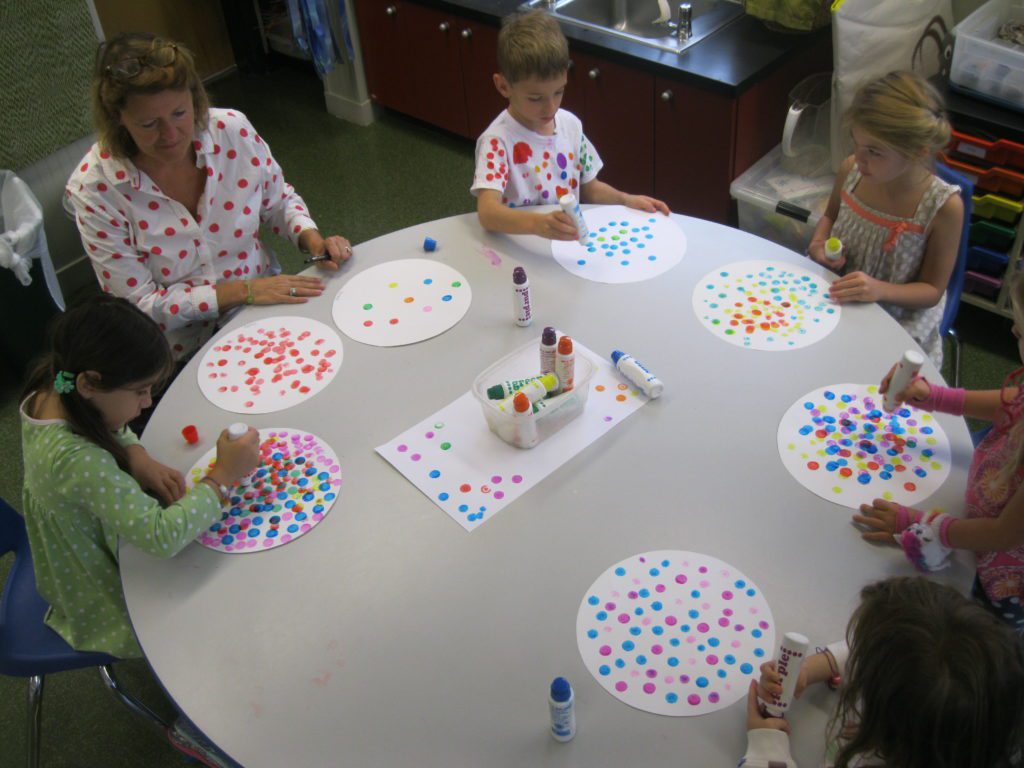
Social learning is a big part of educational progressivism. Learning to be good citizens of the world and in our own little communities where we live, work, and play is crucial to anyone’s well-being. Helping children to embrace conflicts and learn how to solve them peacefully is a life-long lesson that pays dividends along the way. Learning how to advocate for oneself, protect oneself, and to make good choices in our learning and lives is crucial. And it needs to be taught. Learning how to support and work effectively with others is also something that needs to be taught; it is not innate. Valuing each other’s differences and appreciating the diversity of our communities also require conversations. We are lost without the ability to connect.
We do not know what jobs our children will acquire in the future; they are changing so rapidly! But we do know that learning how to create, communicate and collaborate will be essential in any profession. Learning how to learn. Teaching to a test and being exposed to lists and facts will not get us there. Giving children the opportunity to know themselves, to be respected for who they are, and to be a partner in their learning makes all the difference. Children should love school; it should be fun and welcoming and respectful of their needs as children and learners. Whether this happens in a school considered progressive or not, it is vital to the health and well-being of our children. This is what we want for all children, including our own.
It is interesting that the current brain studies have finally caught up with what progressive educators have known all along. Children learn best when they are engaged and interested, doing something with their hands, and being a part of the learning process. So simple, and yet not easy to do! A teacher must be willing to not know how a lesson will evolve. She or he must honor the children’s interests, and let them make mistakes. My first graders do a farm life and garden unit each spring. Along with time spent feeding and learning about the animals in our barn, and planting a garden, they chose topics to study. Some of the children wrote and performed Reader’s Theatre scripts about their topic. Some wrote and performed poetry and songs. Some made presentation boards or mobiles. And some made dioramas. All of these projects required planning, communication and collaboration. The teacher acted as a facilitator and provided necessary materials. The children worked hard; it was not always easy. But they all were successful in the end. It was interesting to have the children do a self-assessment of their learning at the end of this unit. Their comments were rich. Some of the children worked with peers they did not know well and they enjoyed having the opportunity to get to know someone new. Some of the children commented that they all brought different skills to the table. And some of the children said that next time, they would work harder. They taught each other what they had learned from doing these projects and presented them to the parents at the end of the year. This experience was so much more than learning how a seed grows or what the life of a farmer is like. The children came away with this knowledge, but also learned how to create, collaborate and communicate. There are those three Cs! So crucial.
My elementary years were what you would call more traditional learning, and yet without having to teach to a test or use a certain curriculum, the teachers found a way to make teaching their own. When they did, learning was fun and those are the learning experiences that I remember. I went on to have Madame Greenwood as my French teacher in my early high school years. She was still giving us opportunities to explore and enjoy the language. I remember painting a mural on her classroom wall of all things French; the one caveat is that we had to speak French while doing so! She also had a little white mouse, Pierre, who visited a different household each weekend. I think he might have learned a little French along the way. And, she let us create menus and serve food at a little French cafe. I think that I also learned how to conjugate verbs, but I do know that I felt great joy in learning and this made all the difference.
Not all of us can teach at a progressive school, or in a private school for that matter. But we all can take the time to know all of our students and respect their educational journey. We all can try and add those experiences that make learning fun and meaningful. Even if it means using a papier-mâché puppet like Jo Jo.
Inquire Now
Burgundy is a one-of-a-kind independent school for Junior Kindergarten through 8th Grade. We believe children learn best in an inclusive, creative, and nurturing environment that engages the whole child.
3700 Burgundy Road
Alexandria, VA 22303
703.960.3431
Accredited by:
Affiliated with:
Partners with:
©2025 Burgundy Farm Country Day School
Designed and developed by The Design Channel![]()

